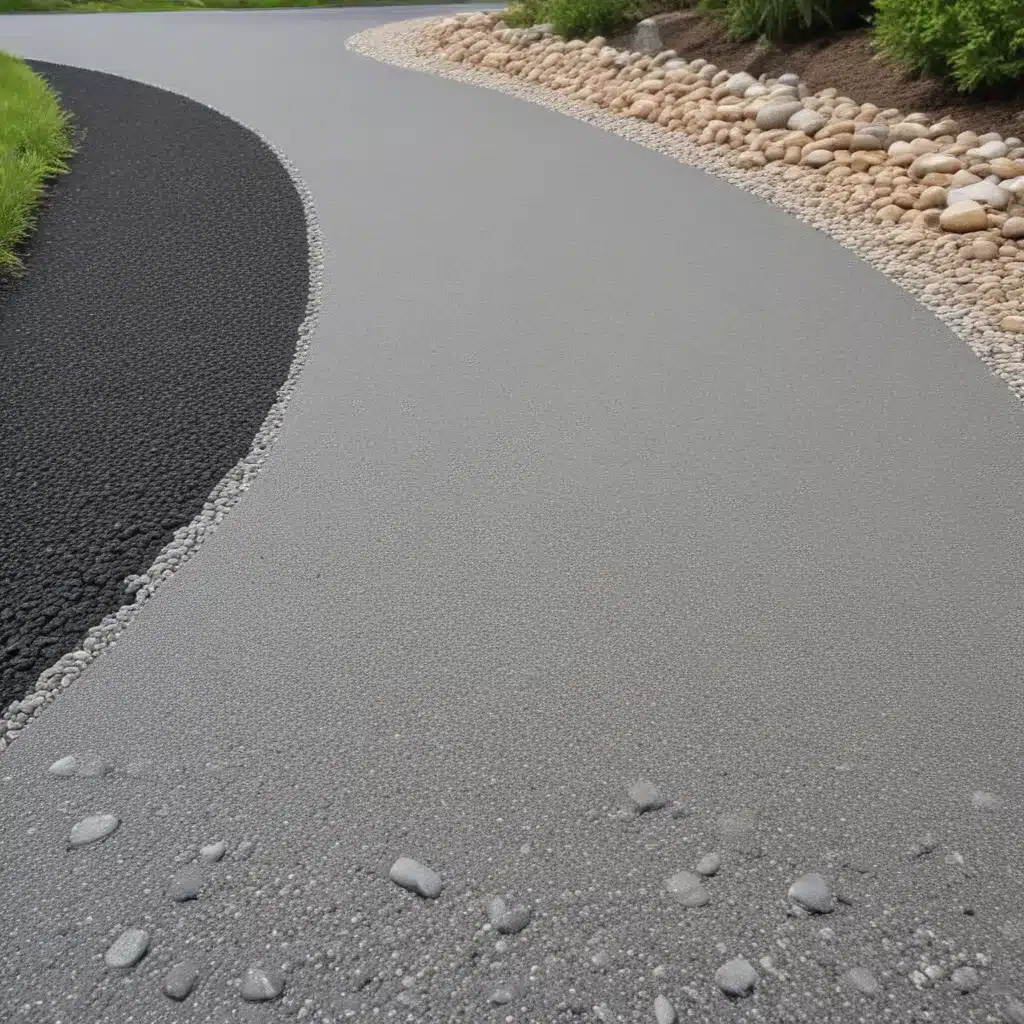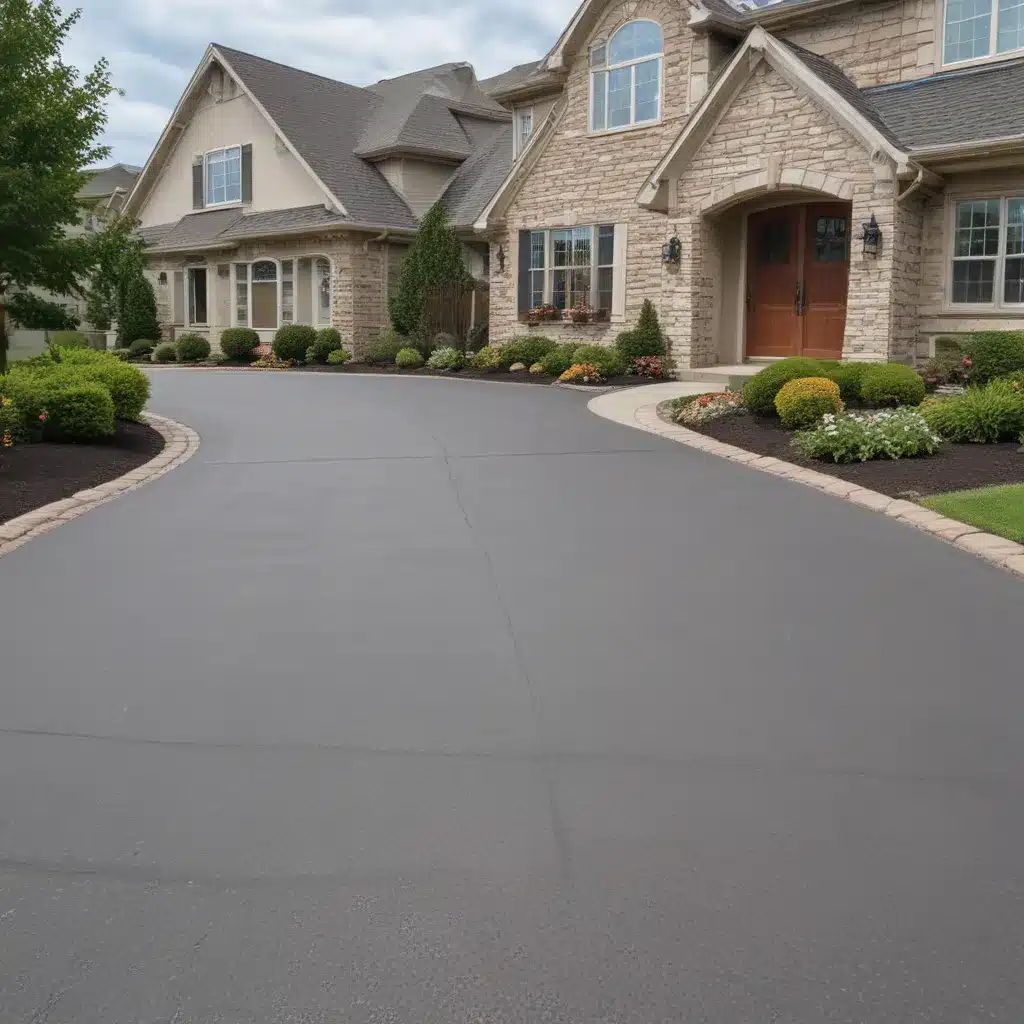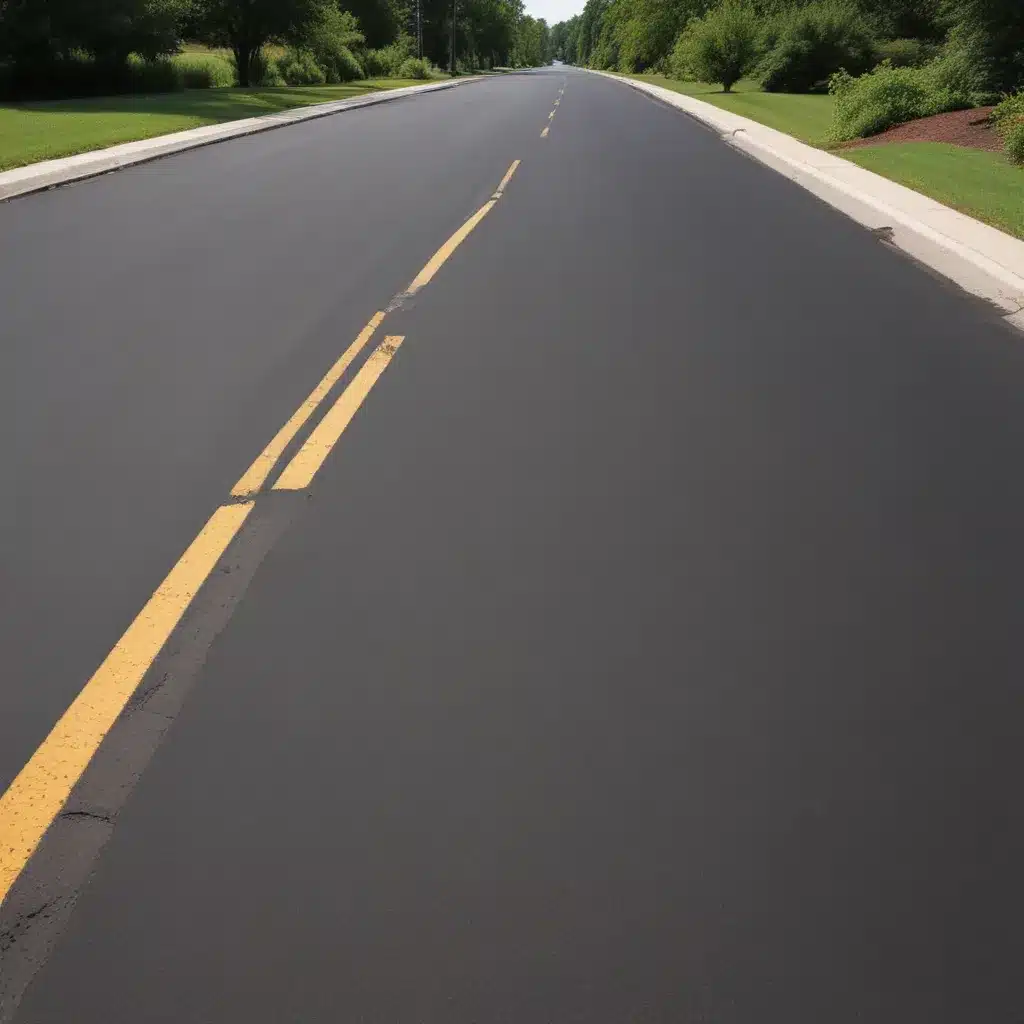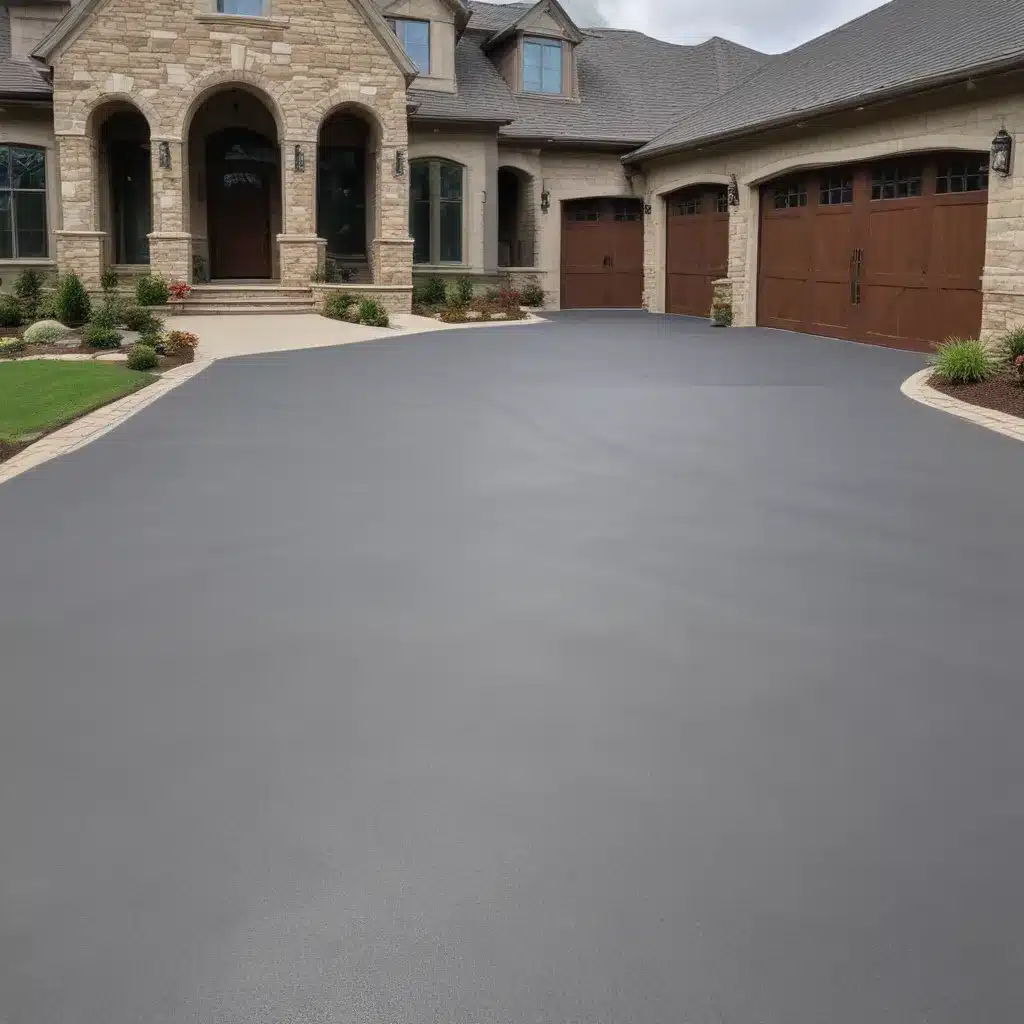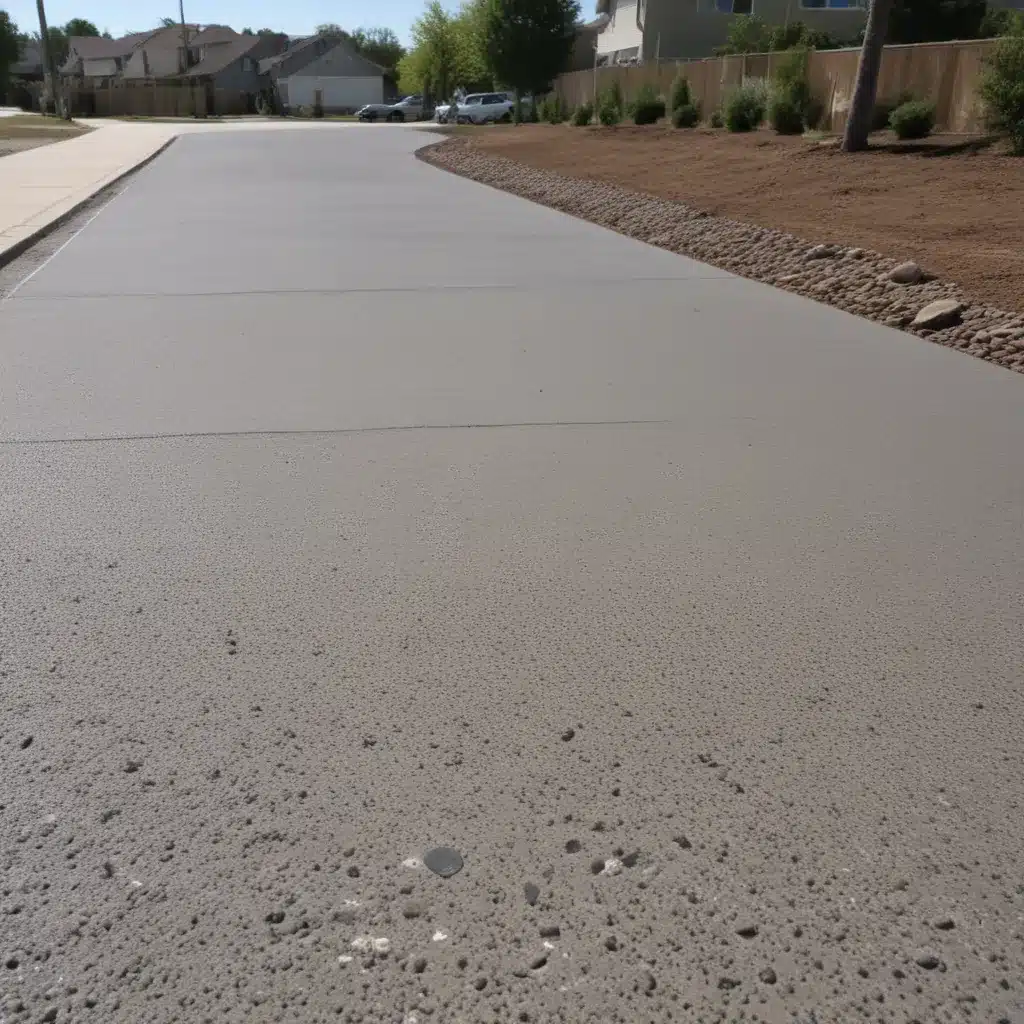Navigating the World of Driveway Choices
As the owner of NW Driveways, I’ve had countless conversations with homeowners who are trying to decide on the perfect driveway material for their property. The choice can be overwhelming, with each option offering its own unique benefits and drawbacks. In this in-depth article, I’ll be exploring the pros and cons of the three most popular driveway materials: gravel, paving stones, and asphalt. By the end, I hope to provide you with the knowledge and confidence to make an informed decision that will serve you and your home for years to come.
Gravel: The Timeless Classic
Ah, gravel – the trusty, time-honored choice for driveways. This versatile material has been a go-to for homeowners for generations, and it’s easy to see why. One of the biggest advantages of gravel is its affordability. Compared to other driveway options, gravel is generally the most budget-friendly choice, making it an attractive option for those working with a tighter budget.
But the benefits of gravel don’t end there. It’s also incredibly durable and long-lasting, able to withstand the wear and tear of daily use with ease. And let’s not forget the aesthetic appeal – a well-maintained gravel driveway has a rustic, charming look that can complement a variety of home styles.
Of course, no driveway material is without its drawbacks, and gravel is no exception. One common complaint is the occasional need for maintenance and replenishment, as the gravel can gradually shift or get scattered over time. Additionally, gravel can be prone to creating dust and debris, which can be a nuisance for both the homeowner and their neighbors.
Despite these minor drawbacks, gravel remains a popular choice for many homeowners who value its affordability, durability, and classic curb appeal. As long as you’re willing to put in a bit of elbow grease to keep it looking its best, a gravel driveway can be a fantastic investment.
Paving Stones: The Customizable Choice
If you’re looking to add a touch of elegance and personalization to your driveway, paving stones might be the way to go. This option allows for a wide range of customization, from the shape and size of the stones to the patterns and colors you choose. Whether you’re drawn to the timeless look of natural stone or the sleek, modern appeal of interlocking pavers, the possibilities are endless.
One of the biggest advantages of paving stones is their durability. When properly installed, they can withstand the weight of heavy vehicles and the elements for decades, making them a long-lasting investment. Additionally, paving stones are generally low-maintenance, requiring only occasional sweeping or power-washing to keep them looking their best.
However, the customization and quality of paving stones come at a cost. Compared to gravel or asphalt, paving stones are typically the most expensive driveway option. The installation process can also be more complex and time-consuming, which can add to the overall price tag.
Another potential downside to consider is the risk of shifting or settling over time. While paving stones are durable, they can be susceptible to movement, especially if the underlying base is not properly prepared. This can lead to uneven surfaces and potential trip hazards, which is something to keep in mind.
Despite these minor drawbacks, paving stones remain a popular choice for homeowners who want to add a touch of elegance and personal flair to their driveway. With the right installation and maintenance, a paving stone driveway can be a beautiful and long-lasting investment.
Asphalt: The Practical Choice
When it comes to driveway materials, asphalt is often the practical choice for many homeowners. This smooth, black surface offers a sleek and modern look that can complement a wide range of home styles. But the benefits of asphalt go beyond just aesthetics.
One of the biggest advantages of asphalt is its ease of installation. Compared to paving stones or even gravel, asphalt can be laid relatively quickly, making it a convenient option for homeowners who don’t want to deal with a lengthy construction process.
Asphalt is also highly durable and resistant to weathering, making it a low-maintenance choice. Unlike gravel, which may require regular replenishment, asphalt driveways can last for many years with minimal upkeep. And when it comes time for repairs, asphalt is generally more straightforward and cost-effective than other driveway materials.
Of course, no driveway material is perfect, and asphalt has its own set of drawbacks. One common issue is the potential for cracks and potholes to develop over time, especially in areas with extreme temperature fluctuations or heavy use. Additionally, asphalt can be more susceptible to oil and fuel stains, which can detract from the overall appearance of the driveway.
Despite these minor drawbacks, asphalt remains a popular choice for many homeowners who prioritize practicality, ease of installation, and long-term durability. With the right maintenance and care, an asphalt driveway can provide years of reliable service.
Weighing the Factors: Which Driveway is Right for You?
Now that we’ve explored the key features of gravel, paving stones, and asphalt, it’s time to consider which option might be the best fit for your home and lifestyle. As you weigh the pros and cons of each material, here are a few factors to keep in mind:
Budget: If cost is a primary concern, gravel may be the most budget-friendly choice. Paving stones, on the other hand, tend to be the most expensive option.
Maintenance: Gravel and asphalt generally require less ongoing maintenance than paving stones, which can be more susceptible to shifting and settling over time.
Aesthetics: Paving stones offer the most customization and can lend a high-end, tailored look to your driveway. Gravel has a classic, rustic charm, while asphalt provides a sleek, modern aesthetic.
Durability: All three materials are relatively durable, but paving stones and asphalt may have a slight edge in terms of long-term wear and tear.
Ease of Installation: Asphalt is typically the quickest and easiest to install, while paving stones can be a more labor-intensive process.
Ultimately, the “best” driveway material will depend on your specific needs, preferences, and budget. I always recommend taking the time to carefully consider each option and how it aligns with your goals for your home.
And of course, if you’re ever unsure or need a little extra guidance, the team at NW Driveways is here to help. We’d be more than happy to provide a personalized consultation and walk you through the pros and cons of each driveway material. After all, your home is an investment, and we want to help you make the most of it.
So, what are you waiting for? It’s time to start dreaming up the perfect driveway for your home. Whether you envision a classic gravel surface, a sophisticated paving stone design, or a sleek asphalt expanse, the possibilities are endless. Let’s get started on your driveway transformation today!

